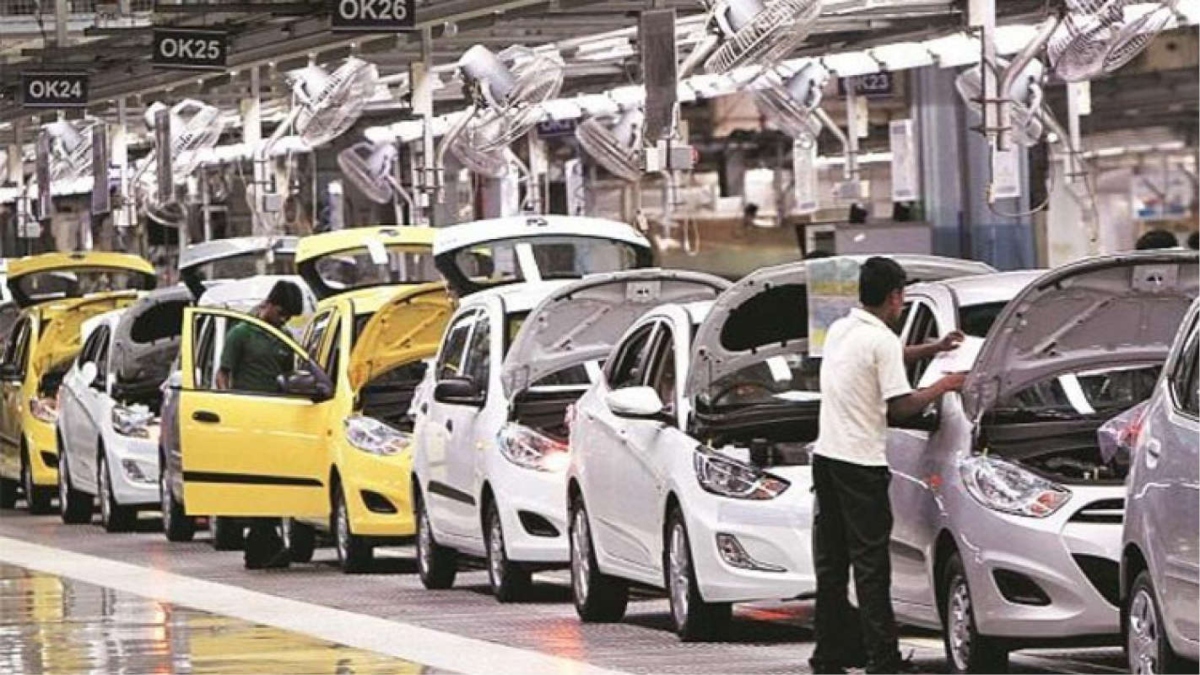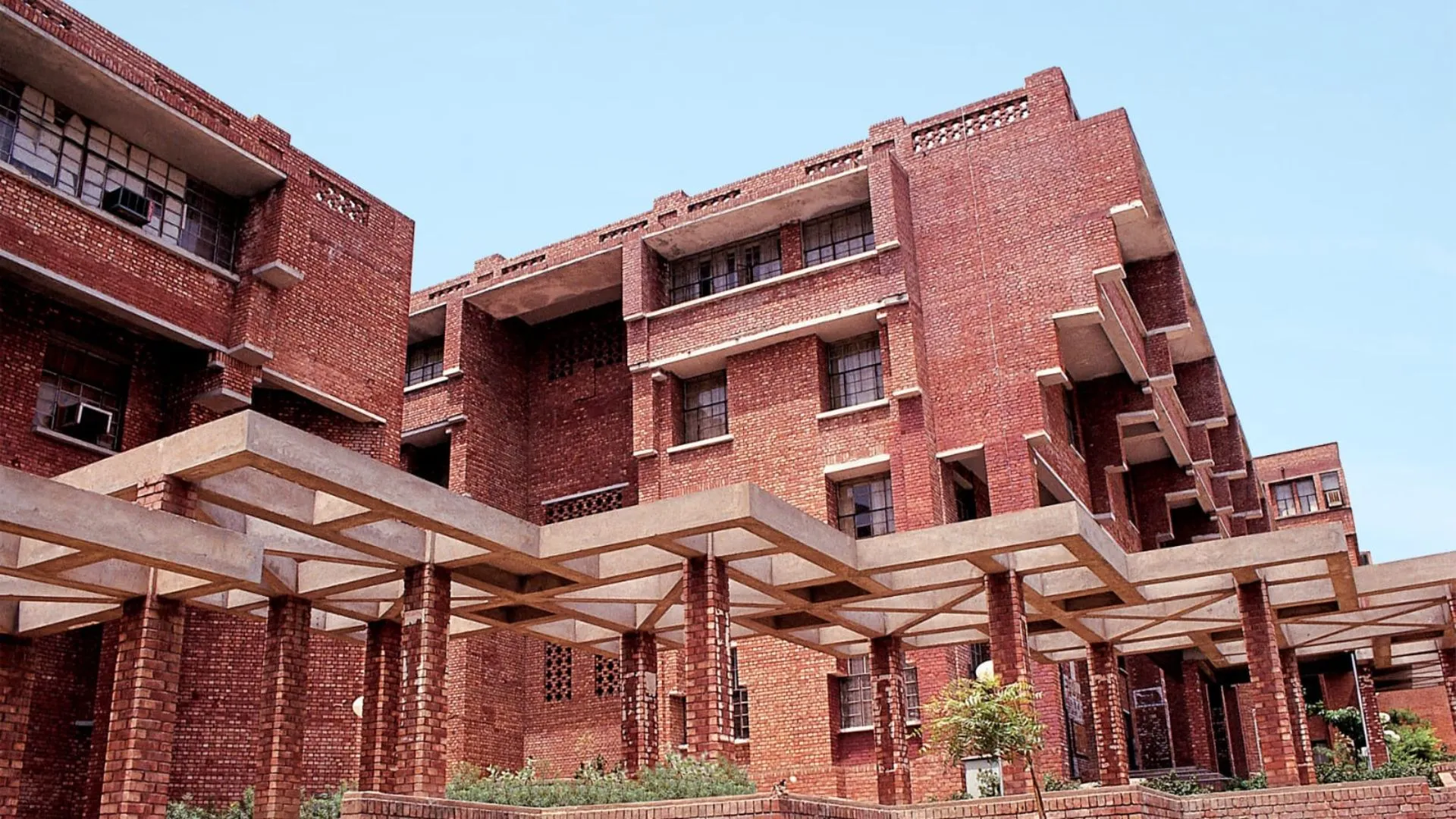While many markets saw signs of improvement in December on a Year-to-Year (YoY) basis, it remains difficult for the Indian markets to know the actual situation as the demand for passenger vehicles decline. Moreover, there is a risk of the third wave of Covid-19. As a result, the production and sales of automobiles will continue to decline, due to the curbs imposed by the respective state governments amid the rising of the covid-19 cases across the country.
The country saw a 16 per cent decline over last year, with passenger vehicles sales estimated at around 2,44,639 as against 2,74,605 in December 2020 while commercial vehicles sales rose to 13.72 per cent in Q3 FY22 58,847 units against 51,749 as of December 2021.
Post lockdown in May 2020, the country saw a huge increment in sales where OEMs continue to give more discounts so that they can clear their inventory. However, the passenger vehicle (PV) business saw a slight increase in its segment with India’s domestic automobile manufacturer Tata Motors selling 30,941 units of PV in December 2021 against 19,908 units in the previous fiscal.
As the majority of the raw materials came either from China or other Southeast Asian nations. The pandemic has broken most of India’s transportation and distribution networks between production, supplier network and the end customers.
With shutdowns and curbs imposed by the nation heads across the world, the auto manufacturers saw a huge drop in vehicle sales. So, they cancelled the orders for key components like semiconductor chips. This has created a shortage and will continue to hurt the Indian automobile industry.
The month of December is usually seen as a high sales month where Original Equipment Manufacturers (OEMs) continue to offer more discounts so that they can clear their inventory. It was however nowhere close as this time the retail sales continued to soar and disappoint us, thus wrapping up as an underperforming year,” said Vinkesh Gulati, President, Federation of Automobile Dealers Associations, India.
He further added, ‘Various state governments have once again announced the covid restrictions. This will bring more pain to the industry. As work and education from home have resumed and will have a negative impact on auto retail. With the fear of healthcare expenses soaring again, the customers are shying again from stalling their purchase decisions.’
The shortage of silicon wafers has put the manufacturers to cut in production which has led to supply-side constraints and leading to a long waiting list for the popular selling models, said Gulati.
Although India has come up with plans to source its supplies from Europe but its supply lines will soon dry up in the first quarter of 2022 which will cause much disruption in the market again. With its increasing sales, India is also engaging in discussions with the Taiwanese Semiconductor industry to locally produce silicon wafers in India.
But with the advent of a spike in the cases of Delta/Omicron cases, the country’s position in this domain is unlikely to see any significant improvement anytime soon.






















